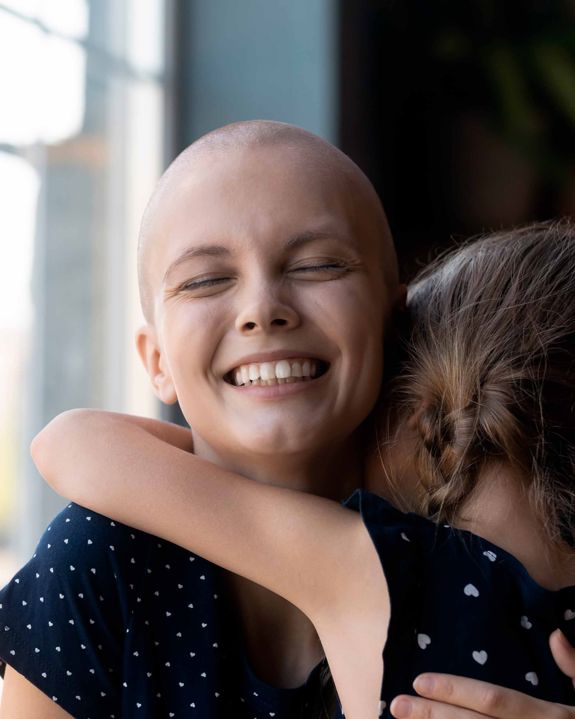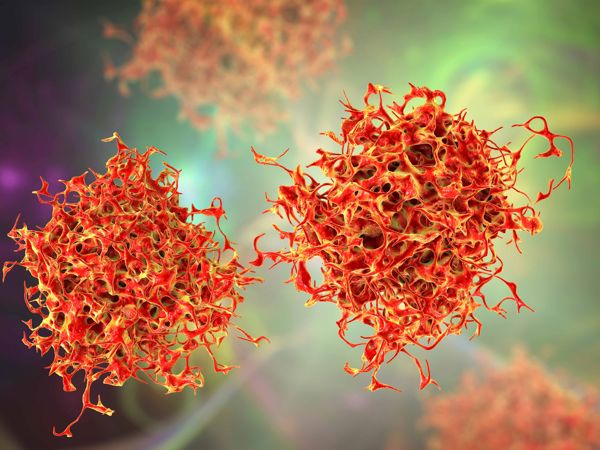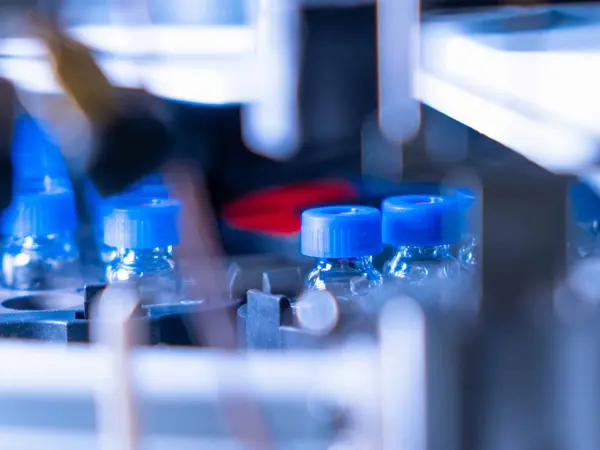Our Purpose

We strive to bring better therapies to cancer patients, especially where current treatment options are limited.
Our goal is to design and develop the best ADC for any given target through careful selection of the best combination of multiple components. We believe that the modular nature of the ADC modality provides an unparalleled opportunity for continued technologic improvement of next generation ADC therapeutics.
In recent years, we have seen numerous advances in the treatment of cancer with innovative therapies and technologies beginning to address many of the drawbacks of traditional treatments and improve patient outcomes.
The advent of targeted therapies such as ADCs has begun to turn acutely fatal cancers into chronic diseases and render previously untreatable cancers into treatable diseases. Immunotherapy, cellular, and gene therapies improve response to cancer treatment and further advance precision oncology. Today, artificial intelligence (AI), genomic sequencing, and robotics are also accelerating these innovations.
However, despite significant advances in cancer treatment, many patients with solid tumors are diagnosed with advanced stages and relapse on first-line therapy – a variety of such cancers have few effective treatment options.
Today, ADCs are now at the forefront of cancer treatment. With increasing clinical success and an expanding number of programs in the clinic, the field continues to grow as ongoing technology innovations address past shortcomings for an improved probability of success.
Iksuda has been established to deliver new targeted treatments which offer greater anti-cancer activity for some of the hardest to treat cancers, combined with better tolerability, thus expanding the clinical utility of this important class.
Despite advances in cancer treatments, some cancers remain hard to treat.
Around 25% of colon cancer, 70% of lung cancer and 80% of pancreatic cancer patients have advanced disease at time of diagnosis with mortality rates of 60% to 99%.
The less survivable cancers, as indicated in the image below, account for >40% of common cancer deaths. Late diagnosis, slow pathways to treatment and, in some cases, the lack of effective treatment options, results in poor survival for patients with these rapidly-advancing cancers.
- Most patients with advanced lung, ovarian, brain & colon cancer relapse after chemotherapy.
- Patients with kidney, liver or pancreatic cancers have no effective SoC.
- Rapidly advancing cancers account for 40% of common cancer deaths.
The image below depicts the 5 year net survival rates of common cancers. Boxes depict change in rate over the last 40 years, image adapted from from UK cancer registries, 'Less Survival Cancers Task Force' 2018.

Iksuda is focused on finding new ADC therapies for patients with hard-to-treat cancers.
Our programs include ADCs for lung, stomach, oesophageal and pancreatic cancers. These tumors are associated with the lowest survival rates, with many patients having limited treatment choices.
IKS04 - our novel CanAg-directed ADC - is relevant for cancers of the colon, rectum, stomach, pancreas, bladder and biliary tract.
IKS012 - our FOLR1-directed ADC - has relevance in ovarian and lung cancers, as well as, potentially, triple-negative breast cancer.
IKS014 - our HER2-directed ADC - is in Phase 1 trials for HER2+ solid tumors, including those of the lung and stomach.
IKS03 - Despite much progress in the treatment of hematologic cancers, many patients still face poor prognosis, with net survival rates being <70% for B-cell cancers and <50% for multiple myeloma. IKS03, our CD19-directed ADC, provides a new option for B-cell cancers and, potentially, adult patients with CLL, a patient population that is associated with poor survival rates.
Our research efforts are focused on driving new options for these hard-to-treat cancers

